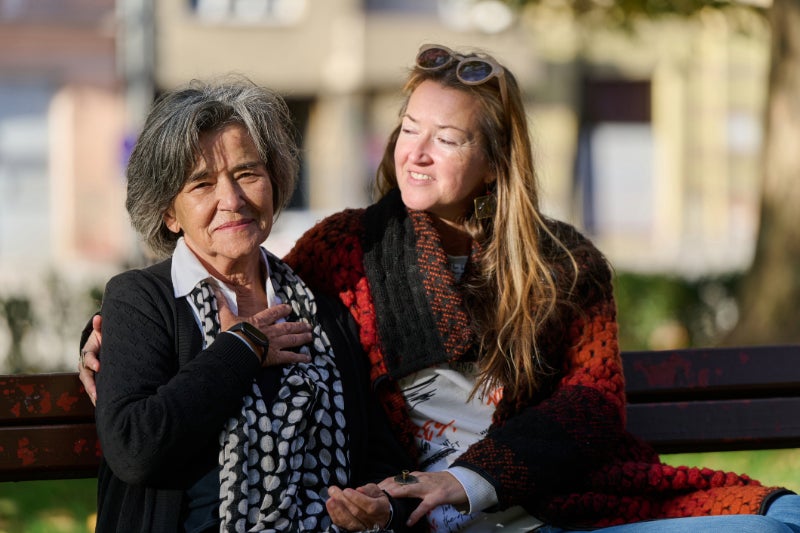Alzheimer’s: Early Memory Loss Signs in Loved Ones
November 21, 2024
Categories: Neurosciences (Brain Spine, Nerves), Primary Care
Tags: memory disorders, memory issues, memory problems, Alzheimer's, dementia
As the holiday season approaches, it’s the perfect time to reconnect with loved ones. For many families, holiday gatherings provide a chance to recognize early warning signs of memory changes or dementia.
Memory loss isn’t a normal part of aging and may signal something more serious. “We don’t have very good internal reading ability of our memories from day to day, but others certainly can see those changes better,” Dr. Kevin Foley, Geriatric Medicine, explains.
What is Alzheimer’s?
Alzheimer's disease affects millions of people worldwide, including over six million Americans. This can be a daunting diagnosis for families. Alzheimer’s is a progressive neurodegenerative disorder that impacts memory, decision-making, communication and daily functioning. Often mistaken for “senior moments,” Alzheimer’s symptoms can go beyond occasional forgetfulness.
Alzheimer’s causes changes in the brain that can start up to a decade before noticeable symptoms. Common risk factors include age (typically 65 and older), genetic predisposition, cardiovascular disease, head injuries and Down syndrome.
Alzheimer’s vs. Dementia – What’s The Difference?
Dementia is the product of neurological conditions or brain damage. It is the outcome of brain conditions like Alzheimer’s or Parkinson’s. Dementia means memory loss and dependency in daily life.
Alzheimer’s is the leading cause of dementia in the world for adults over 65.
Key Dementia warning signs to watch for include:
- Repeated speech or forgetting recent events
- Getting lost in familiar settings
- Struggling with personal hygiene or clothing choices
- Leaving bills unpaid or other unusual behaviors
- Changes in speech, becoming repetitive or struggling with words
“Changes in one’s ability to do more complex tasks, such as managing finances or take their medications correctly, especially if someone is taking a lot of medications, that can be a tip off,” said Dr. Foley.
What Can I Do to Keep My Mind Sharp?
While activities like brain games, puzzles and a healthy lifestyle can support overall health, they aren’t guaranteed to prevent dementia. While research on preventing Alzheimer’s is ongoing, some promising strategies include:
- Treating persistent hearing issues, which can reduce cognitive strain
- Addressing sleep apnea for better rest and brain health
- Frequent medication reviews with your primary care physician. Avoid long-term use of anticholinergic medications, which are linked to cognitive impairment
- Monitoring blood pressure and cholesterol to protect vascular health
- Quitting smoking
Supporting Caregivers and Families
Caring for someone with Alzheimer’s can be challenging, especially during the holidays. Trinity Health offers resources to support caregivers, helping them manage the emotional, physical, and practical aspects of caregiving. Counseling and support groups are available to educate families on maintaining quality of life for their loved ones, accessing resources, and planning for future changes.
If you’re concerned about a loved one’s memory, start with a primary care visit. Early diagnosis can make a difference in managing Alzheimer’s and other memory-related conditions.
This holiday season let’s celebrate time with loved ones—and stay mindful of the signs that could point to something more. Trinity Health is here for you and your family every step of the way.




